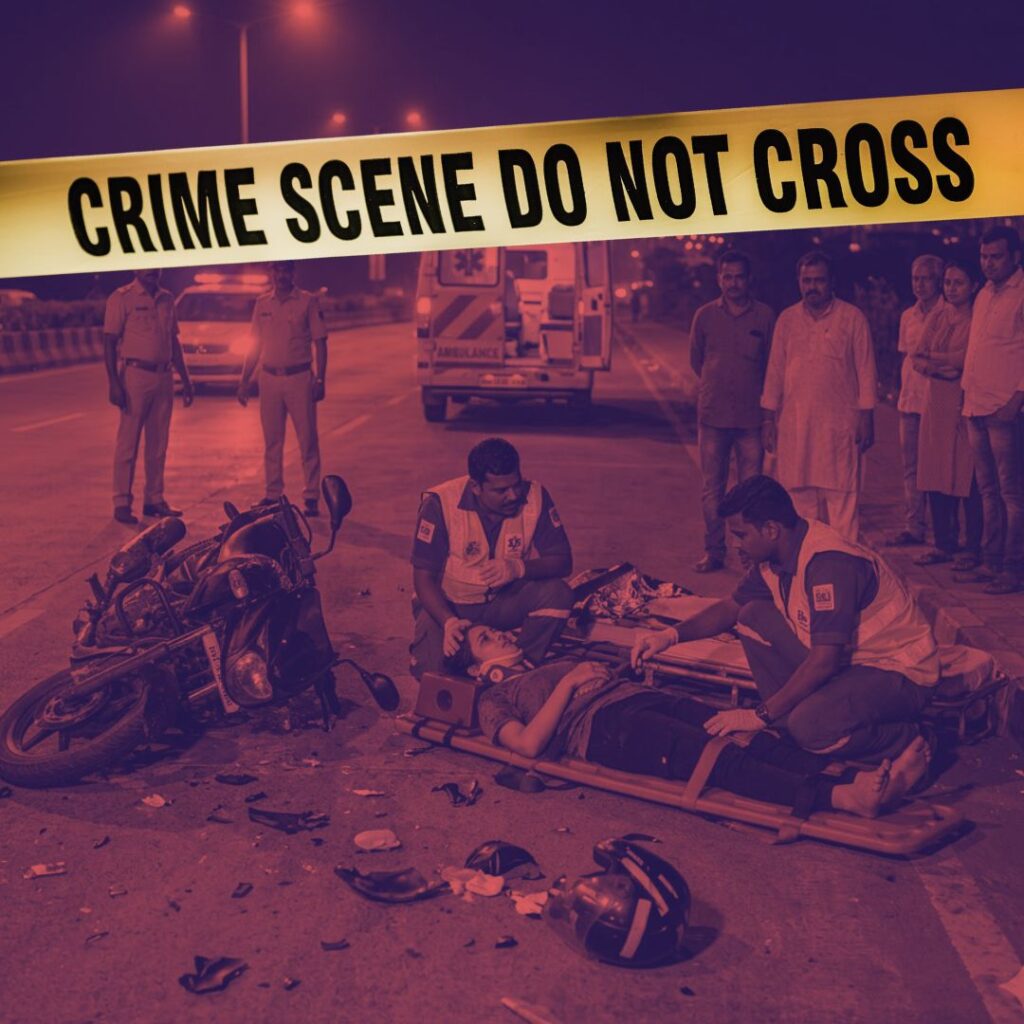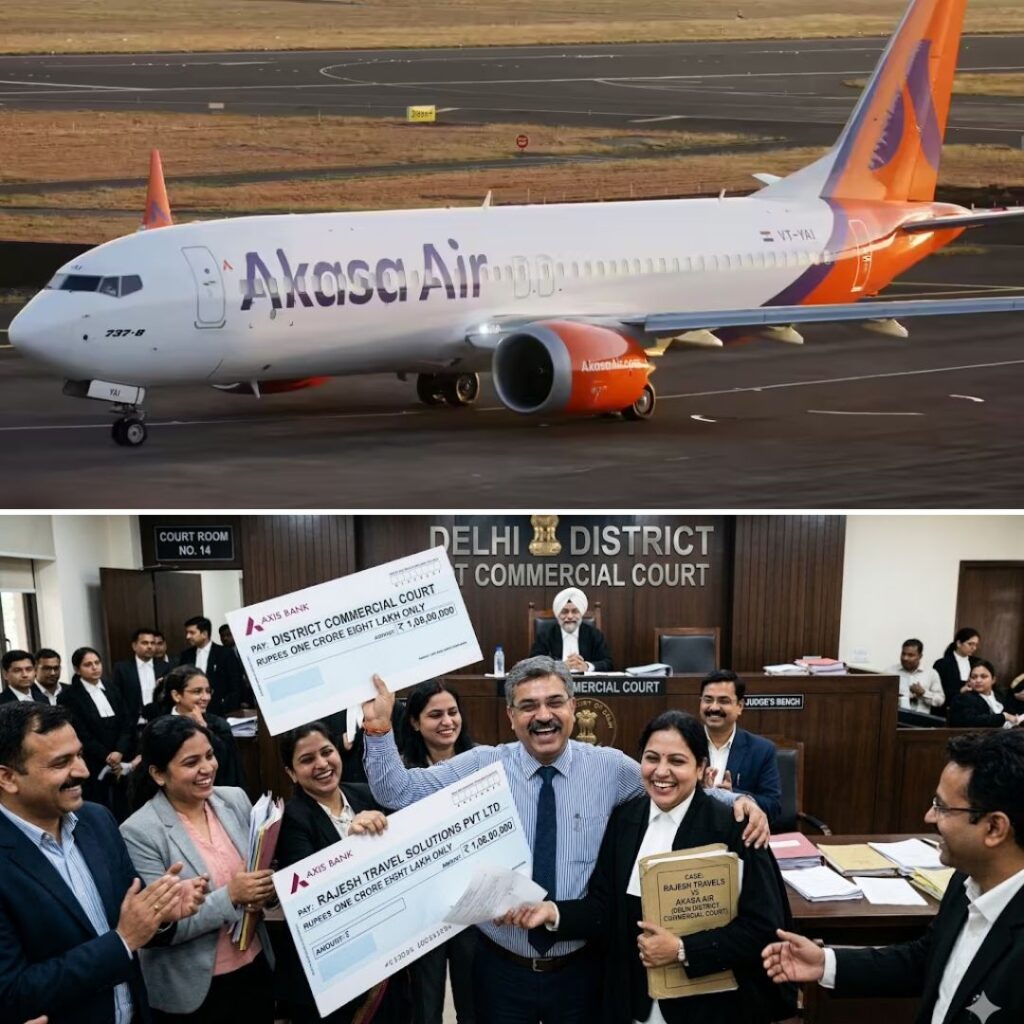“I’m not asking you all to become Mahatma Gandhis or Martin Luther Kings, or Medha Patkars, or something like that. I’m asking you, in your limited world, can you open your minds? Can you open your hearts? Can you just encompass these people too? Because they are also a part of us. They are also part of this world. I’m asking you, for these children, whose faces you see, they’re no more. They died of AIDS last year. I’m asking you to help them, accept as human beings — not as philanthropy, not as charity, but as human beings who deserve all our support. I’m asking you this because no child, no human being, deserves what these children have gone through.” – Dr Sunitha Krishnan, co-founder, Prajwala.
For those of us familiar with the gender equality movement in India, Sunitha Krishnan is a well-known figure. As one of the staunchest opponents of human trafficking, Dr Krishnan today is one of the most passionate voices fighting for women empowerment. She is best known for co-founding Prajwala, an NGO crusading against human trafficking and which has saved more than 17,800 lives who were forced into prostitution.
The Logical Indian recently interviewed Sunitha Krishnan. Born in Bengaluru in 1972, and trained as a medical and psychiatric social worker, Dr Krishnan’s parents were supportive of her taking up social work as a full-time pursuit. And her journey has been long, eventful, and consequential. “When I started,” she says, “I was left nauseous and shocked by the sight of 15-year-old victims. Today, I am not surprised even when it is a 5-year-old victim.” Hers is a story of ensurance, perseverance, passion, and success.
Attacked 14 times for saving innocent lives
Sunitha Krishnan is adept at converting adversity into an opportunity to change society. Gang raped by eight men at the age of 15, Dr Krishnan knows the dire consequences of sexual abuse firsthand. However, she has never let that incident ruin her life. In the years since that incident, she has cemented her status as a social icon and grassroots activist. She says, “One particular thing that irks me – and this is a general comment, to make myself more clear – is when people get caught up with the starting point of my journey. They make it as if my entire journey, my aspirations, and my dreams are all about that one incident. The other day, there was an article, it was fantastically written, but its title was “Rape Survivor Takes On Technological Firms”. It belittles the journey I – and others like me – have gone through.”
Indeed, Dr Krishnan has surpassed all barriers of human courage and used her traumatic experience to define her path to bring victims of sex trafficking back to mainstream society. In the process of saving lives, she has been attacked 14 times by criminals and left impaired in her right ear, but her determination only strengthened over time.
But never has she allowed these obstacles to inhibit her work. “It wouldn’t have been possible,” she says, “without powerful partnership on the ground. Whether it is building the biggest rehabilitation camp in the country or a successful counter-trafficking campaign or getting proactive, victim-friendly policies and legislations passed, the journey of Prajwala has always been about the power of the partnership. At the grassroots level, the partnership is with the survivor. Up the ladder, the partnership only expands. Whether it is partnership with the police, partnership with the Department of Women and Child Welfare, partnership with the police, partnership with corporates, whatever Prajwala is today, it is testimony to what a collaborative model of working can achieve.”
Prajwala – an NGO changing the lives of millions
Prajwala (link to the official website here) stands upon five pillars: prevention, rescue, rehabilitation, reintegration, and advocacy. The organisation extends moral, financial, legal, and social support to victims of trafficking and ensures that perpetrators are brought to justice. During Prajwala’s early years, Sunitha Krishnan had to sell her jewellery and even most of her household utensils to make ends meet. Even today, in fact, the organisation relies on her awards or her husband for finances. But monetary limitations have not proved to be limitations to Prajwala’s ambitions.
The NGO has educated over 8,000 children – children of prostitutes, children of vulnerable communities, children at risk of being trafficked. Additionally, Prajwala’s community-based education programme has sensitised millions of people in gender relations. Additionally, the organisation’s grassroots rescue work – exemplified by the Rape Victim Support Programme (RVSP) – provides a framework so that the police, the courts, and activists can coordinate to rescue victims of trafficking. In 2015, because of the NGO’s efforts, a PIL (56/2004) filed in 2004 enabled the Supreme Court of India directed the government to issue comprehensive anti-trafficking guidelines for the…











